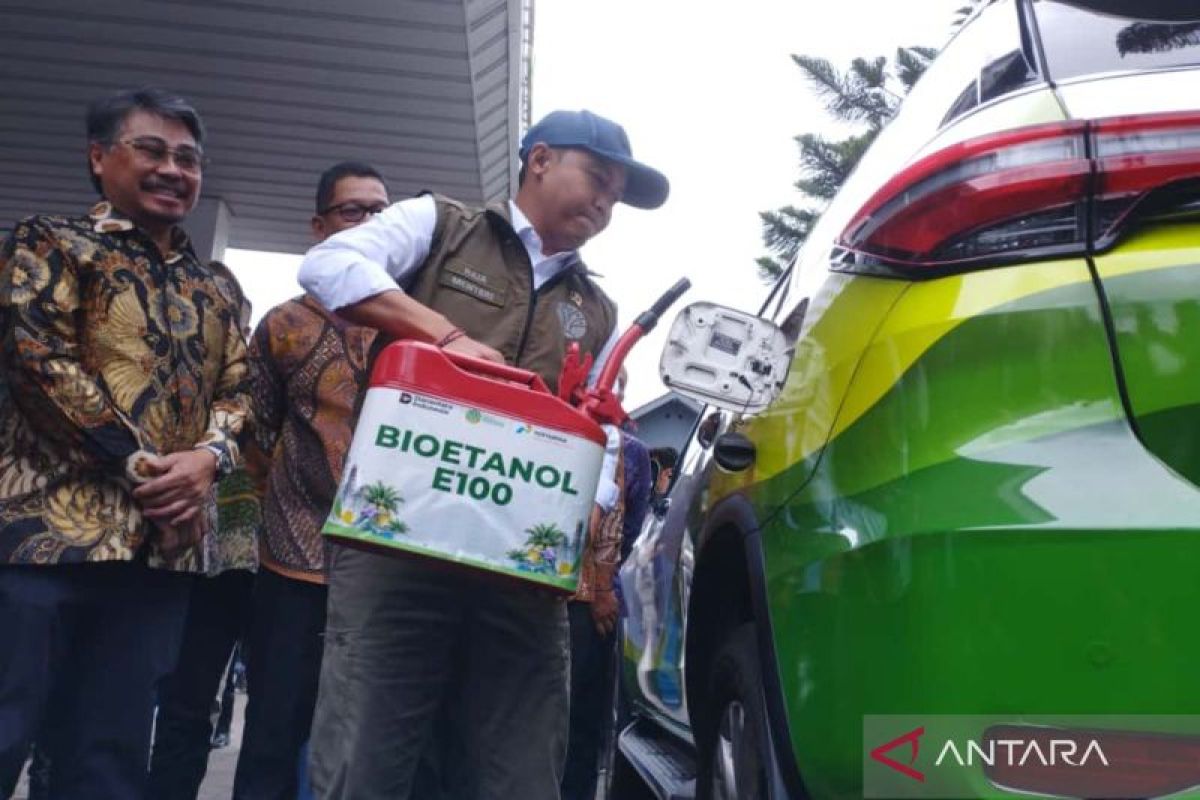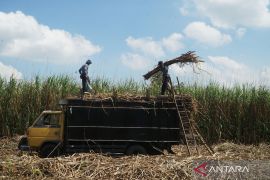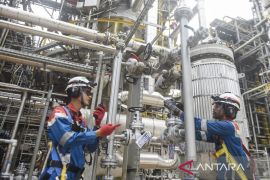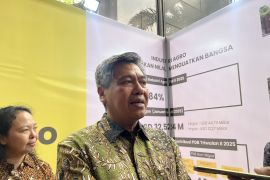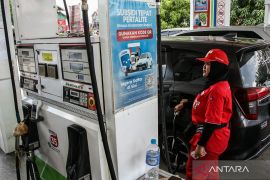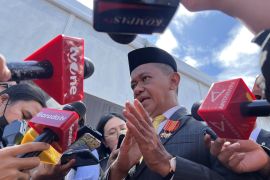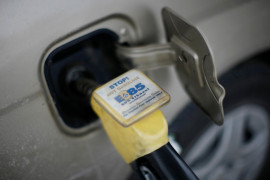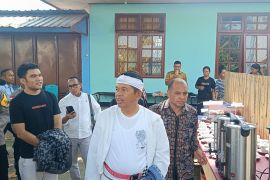Forestry Minister Raja Juli Antoni said the project reflects President Prabowo Subianto’s vision for national energy resilience. "The groundbreaking has begun," he said at the inauguration.
The pilot plant is a collaborative effort involving the Ministry of Forestry, Pertamina, the Ministry of Energy and Mineral Resources, the Investment Ministry, and the National Research and Innovation Agency (BRIN).
Antoni highlighted Indonesia’s potential in bioethanol development, noting that the aren palm has long been considered a national “treasure.”
He said the plant represents a proof of concept for renewable energy initiatives.
Production is expected to start in April or May 2026 using locally sourced aren. Initially, output will supply small-scale distribution in Garut Regency before expanding to other regions.
"By mid-2026, ethanol will be produced and distributed through Pertamina Patra Niaga to gas stations around Garut, later extending to wider areas," Antoni said.
Pertamina New and Renewable Energy CEO John Anis said the pilot plant’s target is 300 liters per day, scaling up to 30,000 kiloliters annually.
The bioethanol project supports Indonesia’s broader energy transition strategy, aiming to reduce fossil fuel dependence while promoting local agricultural industries and sustainable economic growth.
The project underscores government efforts to advance renewable energy production and strengthen energy security, aligning with national goals for cleaner, more sustainable fuel alternatives.
The Kamojang pilot plant is part of a national initiative to explore biofuel options using indigenous feedstocks, potentially positioning Indonesia as a regional leader in bioethanol production.
Previously, President Prabowo Subianto emphasized his commitment to reducing Indonesia’s dependence on energy imports and achieving domestic energy self-sufficiency.
He made the remarks during his speech at the opening of the 49th Annual Indonesian Petroleum Association (IPA) Convention and Exhibition in Tangerang, Banten, on Wednesday, May 21, 2025.
He noted that nearly USD40 billion spent annually on fuel imports could instead fund strategic programs in education, healthcare, and poverty alleviation.
In 2024, Indonesia imported $40.4 billion worth of fuel, or around Rp662.73 trillion, and an additional Rp58 trillion in liquefied petroleum gas (LPG).
“We spend almost $40 billion each year, which could instead support our people in strategic sectors like education, healthcare, and poverty reduction. This is a potential we must utilize,” Prabowo said.
Related news: Indonesia eyes energy self-sufficiency through sugar palm bioethanol
Related news: Indonesia eyes 1 million hectares for ethanol blend fuel policy
Translator: Feri P, Rahmad Nasution
Editor: Primayanti
Copyright © ANTARA 2025
